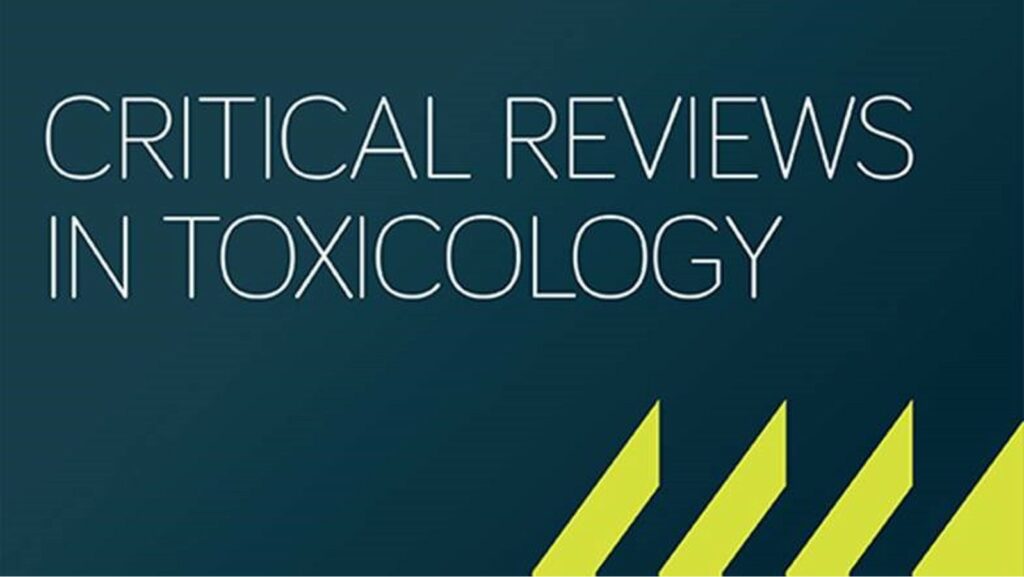Article
09.02.2021
Toward a science-based testing strategy to identify maternal thyroid hormone imbalance and neurodevelopmental effects in the progeny – part I: which parameters from human studies are most relevant for toxicological assessments?
In a Nutshell
Current EU guidelines to identify chemicals that can interfere with endocrine (hormone) systems lack clarity on two fronts: on the one hand on how toxicological testing can measure maternal thyroid hormone imbalance caused by chemicals, and on the other on how to assess the potential for harmful consequences in the development of a child’s brain. To address these uncertainties, an ECETOC task force looked at evidence from human studies on how altered maternal thyroid function may be linked to child neurodevelopmental outcomes, as well as for relevant parameters for toxicological testing. The data confirm a link between altered maternal thyroid function and increased risk of child neurodevelopmental damage, but the precise boundaries for increased risk still need to be established. The review identifies further research is needed to develop testing strategies that reliably predict whether substances have the potential to harm childhood brain development via maternal thyroid hormone imbalance.
